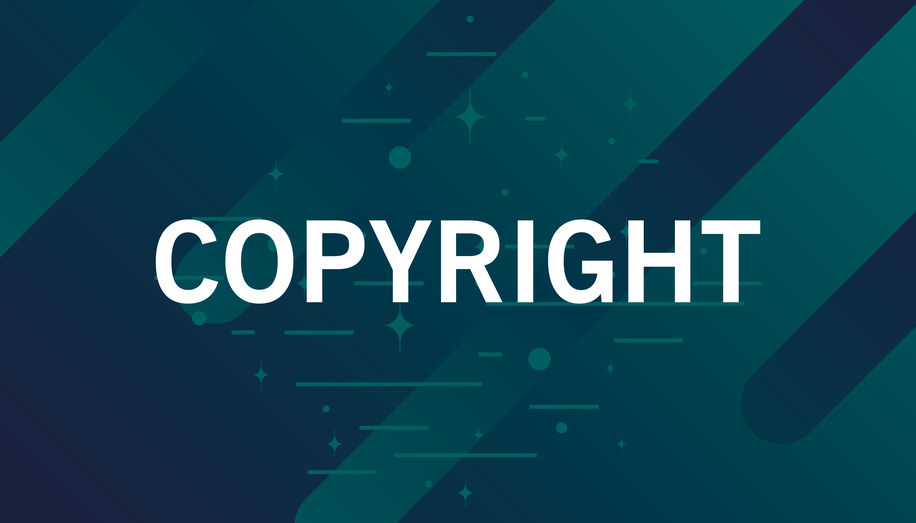. . .puedo vindicar mis derechos sin tener que registrarla. No es correcto. Este método se conoce como el “poor man’s rule”, y propone que si uno adjunta en un sobre copia de, por ejemplo, una composición en guitarra grabada en un disco, y se la envía por correo a sí mismo y no abre el sobre, hará constar, por el sello postal, la fecha de la creación de la obra. En la eventualidad de surgir una disputa entre dos o más personas sobre la autoría de esta, el sello postal autentica al recipiente y la fecha.
Cierto es que esto autentica una fecha y su recipiente, pero no es una forma ni de adquirir derechos ni de registrar obras. Tampoco circunvala el requisito de registrar la obra para poder litigar sus derechos en un tribunal. El registro de la obra en el United States Copyright Office es pre-requisito para llevar una acción por violación a derechos de autor (“copyright infringement”). Es decir, que para poder acudir a un tribunal para solicitar los remedios en ley (daños, injunction, etc…), hay que registrar la obra en el Copyright Office.
¿Cuáles son los Beneficios de Registrar un Copyright?
Algunos beneficios del registro son: inclusión en el registro oficial de obras del Library of Congress, y el derecho a solicitar remedios estatutarios y honorarios de abogado. El certificado de registro, una vez expedido, constituye prueba prima facie del autor y la validez del derecho.
¿Cómo Registro mi Trabajo para que Tenga Derechos de Autor?
Para registrar una obra, puedes acceder al US Copyright Office, completar la solicitud, pagar los derechos correspondientes y enviar copia del trabajo. Puedes llenar la solicitud y pagar en línea a través de su portal. La revisión que realizan los oficiales del Copyright Office es menos rigurosa que la realizada para marcas y patentes. Se limita por lo general a revisar errores de forma en la solicitud y material no registrable. De ninguna forma se evalúa el mérito artístico de los trabajos.
Un material sujeto a revisión puede constituir material no registrable por varias razones. Entre ellas por: pertenecer al dominio público; incluir, en todo o en parte, una obra registrada; no ser susceptible de adquirir copyright (como inventos, fórmulas y procesos).








